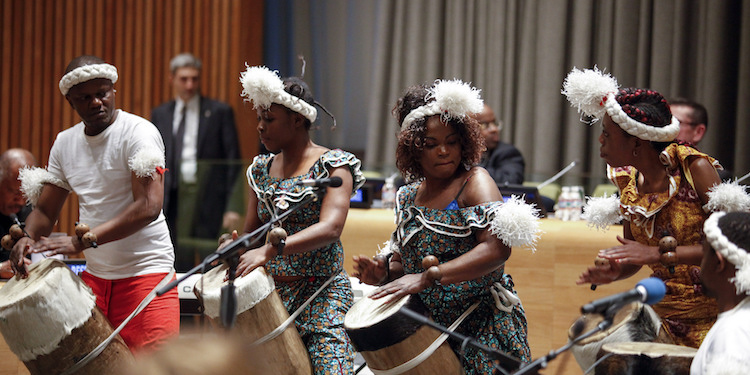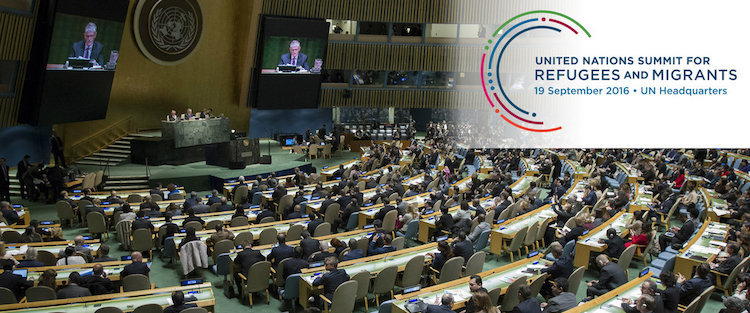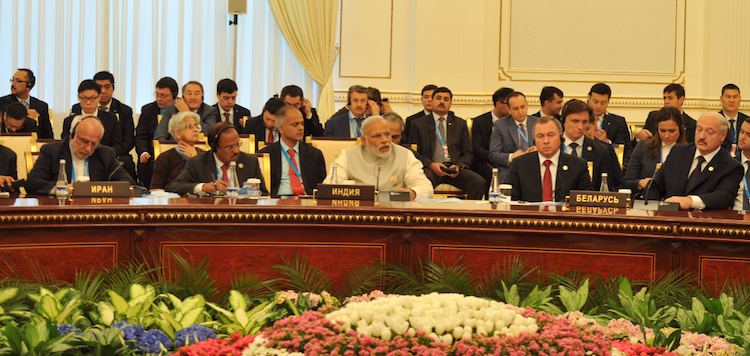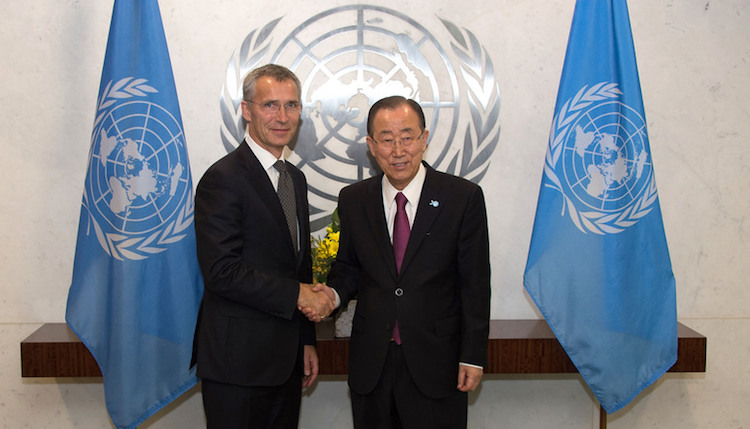By Thalif Deen NEW YORK (IDN)— When I walked out of a polling booth after voting in one of the US Senatorial elections in New York city several years ago, I was accosted by a reporter and a cameraman for the Middle Eastern TV network Al Jazeera. The woman reporter, who was also a UN […]
Palestinian Refugees in a Critical Situation
By J Nastranis NEW YORK | GAZA (IDN) — The UN Relief and Works Agency for Palestine Refugees (UNRWA) has welcomed the ceasefire agreed in the Occupied Palestinian Territory and Israel on May 21 after more than ten days of rocket fire and airstrike exchanges between the warring parties that have killed more than 250 […]
DON’T QUOTE ME: Israel, Battling Palestinians, also Targets a Hostile Media
By Thalif Deen* NEW YORK (IDN) — The destruction of a 12-storeyed building in Gaza City on May 15—which was home to several news organizations including the Associated Press (AP) and Al-Jazeera—has triggered a loaded question: was it a deliberate Israeli airstrike to silence the media or was it an avoidable accident? Norman Solomon, Executive […]
Middle East Coordinator Calls for New and Timely Palestinian Election Date
By Radwan Jakeem NEW YORK (IDN) — A senior UN official in charge of the region has urged the Palestinian authorities to set a new date for heading to the polls, originally scheduled for May 22. Palestinian President Mahmoud Abbas had announced the postponement of the planned parliamentary elections, amidst a dispute over voting rights in […]
Egyptian Feminist Writer, Activist and Physician Dies
By Lisa Vives, Global Information Network NEW YORK (IDN) — Over the course of a lifetime spent fighting for women’s rights and equality, Nawal El Saadawi inspired generations of women even while she faced threats against her life and imprisonment. Aged 89, she died on March 21 in a Cairo hospital after a long illness.
Gaza Strip Rapidly Becoming ‘Unliveable’
By Sean Buchanan LONDON (IDN) – “The UN said some three years ago that it expects Gaza to become ‘unliveable’ by 2020,” recalls Majed Abusalama, award-winning Palestinian journalist, scholar, campaigner and human rights defender. “Since then, Israel not only refused to take action to reverse Gaza’s rapid deterioration into a post-apocalyptic wasteland but intensified its attacks […]
United Nations Panel Calls for End of Israeli Occupation of Palestinian Territory
By Abdus Sattar Ghazali * FREMONT, California (IDN) – The United Nations has overwhelmingly approved a resolution calling for Palestinian self-determination and end to the Israeli occupation of Palestinian territory since 1967. The resolution was approved on November 19 by the UN General Assembly’s Third Committee — the committee that deals with human rights and […]
Biden Is A Veteran Friend of Israel But Against Settlement
By Raphael Ahren The writer is the diplomatic correspondent at The Times of Israel, which published it on November 7, 2020. JERUSALEM (IDN) – Joe Biden, the newly elected 46th president of the United States, is a true friend of the Jewish state, friends and even political adversaries of the emerging president-elect agree. “He has […]
Embedded in Beirut: A Communion with Ancestors
Recollections by a Nigerian journalist who toured Lebanon two years ago By Louis Odion *The writer, Fellow of Nigerian Guild of Editors, is the Senior Technical Assistant on Media to President Muhammadu Buhari. ABUJA (IDN) – Many wished they were allowed to capture the moment with the camera, but the literary amazon from Borno beheld […]
The Middle East Reeling Under COVID-19 Impact on Livelihoods and Food Security
By Bernhard Schell AMMAN (IDN) – Highlighting the increasingly dire situation in countries across the Middle East, the International Committee of the Red Cross (ICRC) has warned that “deep humanitarian needs will worsen and new ones will emerge if the international community doesn’t factor socio-economic aftershocks into our response and protect livelihoods and food security”.








